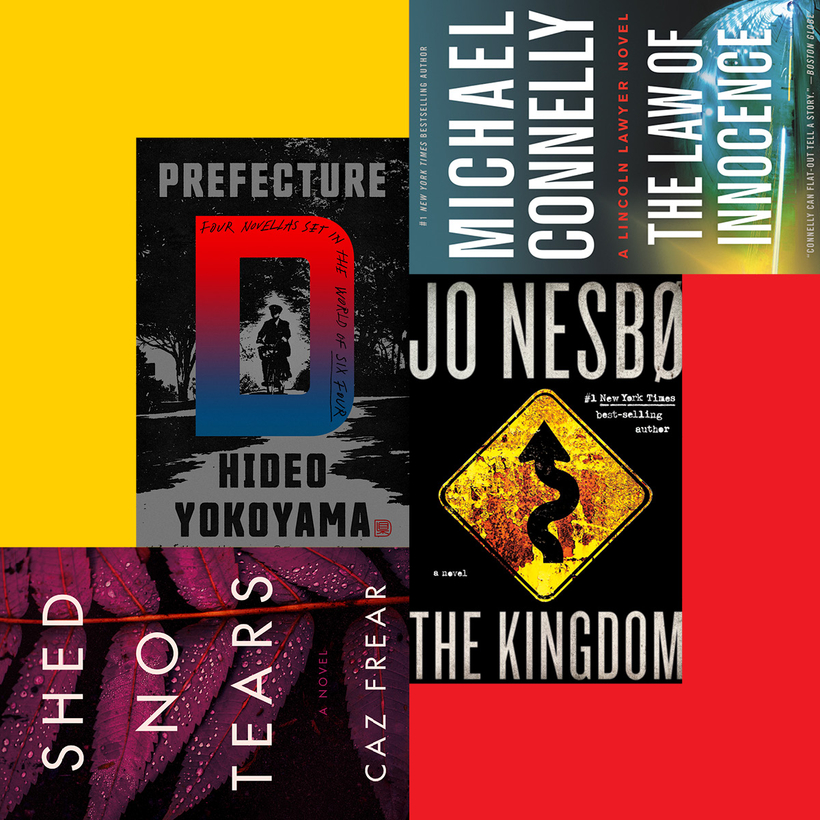Someone has framed Mickey Haller, Michael Connelly’s flashy Lincoln Lawyer, for the murder of an old client, an unsavory scam artist whose body is conveniently discovered by the police in the trunk of Haller’s town car. He has decided to represent himself, which in his case does not mean he has a fool for a client. But his prison cell isn’t as efficacious an office as the Lincoln, so after weeks of threats, sleeplessness, and bologna sandwiches, Haller posts the punitively high bail and starts building a semi-normal defense with his team, which includes an ex-wife or two and his half-brother, Harry Bosch. His arrest has given some powerful people in Los Angeles law enforcement the chance to get back at the sometimes abrasive lawyer. This time, even the ever bullish Haller knows he’s in for the fight of his life.
As Haller and his team try to pry apart the tight frame around him, starting with who might harbor such a vicious grudge, he is always mindful that being found not guilty is not the same as being exonerated. Without the latter, his professional life is over. In The Law of Innocence,Connelly brings the irrepressible Haller as low as he’s ever been, scraping by with bits and pieces of information and practically winging it till the end. Even if you can’t follow every twisty bit of California law, the message is clear: If defending oneself against the Javert-like prosecutor and the blue wall of the L.A.P.D. poses the ultimate challenge for someone with Haller’s talents, what chance would the rest of us have? Fans and Lincoln Lawyer first-timers alike will be with him step for step on the fraying tightrope, as Connelly once again lives up to his own high standard.

